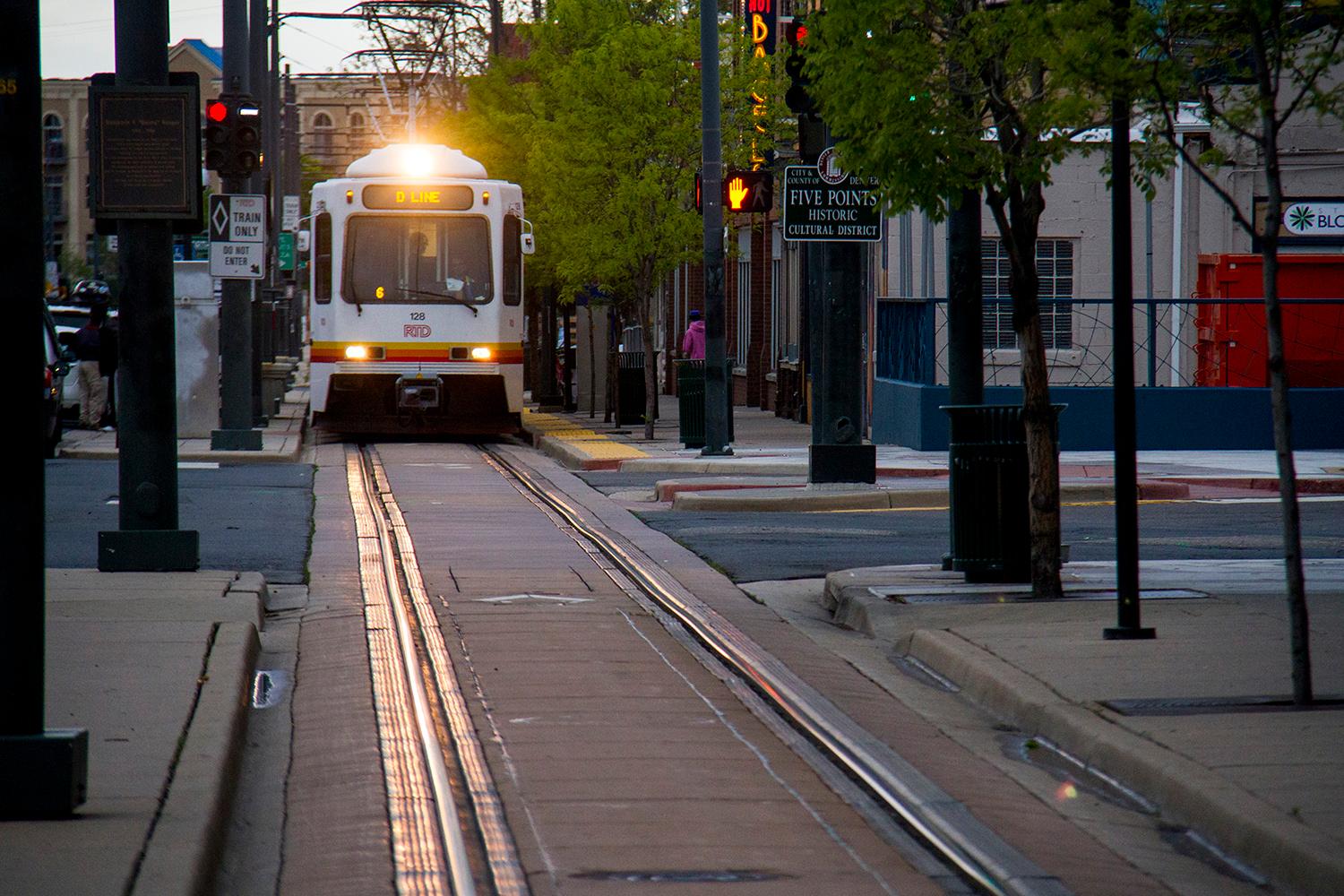"Maintenance backlogs, budget shortfalls and breakdowns plague many of the U.S.’s aging transit systems," the Wall Street Journal notes, but Denver is a "rare success."
First, because I know you're wondering, the A Line and its issues aren't mentioned. Let's just assume that the occasional stuck train doesn't count as "real" transit problems to New Yorkers. (And, to be fair, there hasn't been a major delay this month.)
The good news:
One financial expert says Denver's "doing everything right," in terms of funding the system. RTD has created a public-private partnership and follows what the WSJ describes as a "fiscally conservative" approach."
Denver's light-rail projects have been one of the country's largest transit expansions of late, and yet nearly 70 percent has been funded locally, which is an unusually high amount, WSJ reports.
“The federal government is not going to save our bacon," chief financial officer Heather Copp tells the Journal.
The meh news:
RTD is lowering expectations for how much it can grow its income. Revenue-growth projections were recently revised down from 8 percent to 5 percent annually, which will limit future expansions, according to the Journal.
(The diminished money supply reportedly is a result of general economic slowness, as RTD is funded in part by sales taxes on general consumer goods.)
The article also raises that old question: Do enough people live near light rail stations to make it viable? The answer to that may be changing, judging by the amount of development we're seeing near transit.













